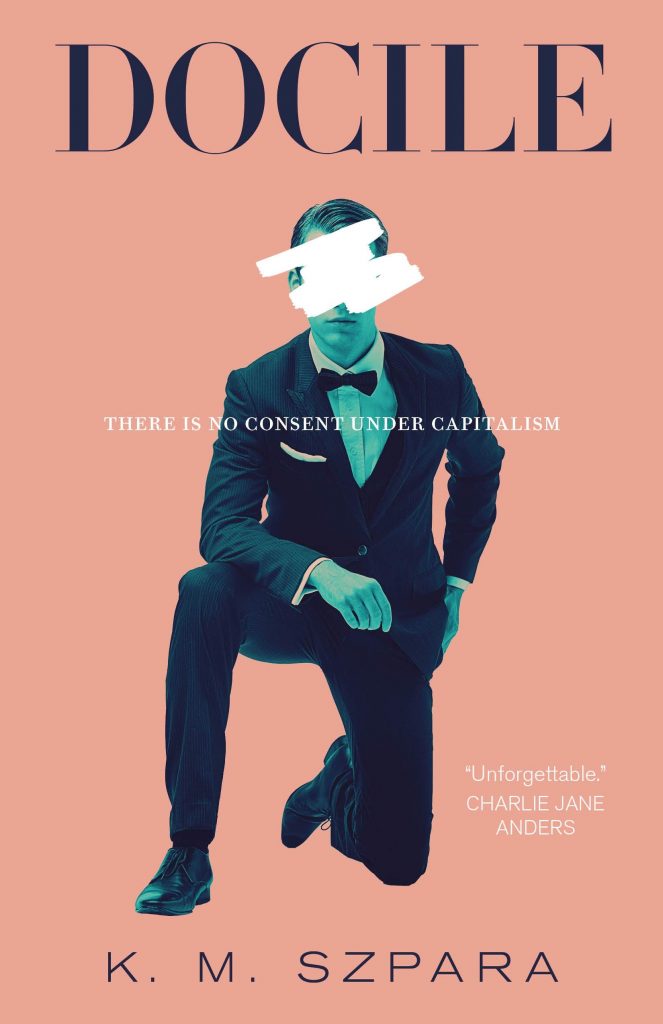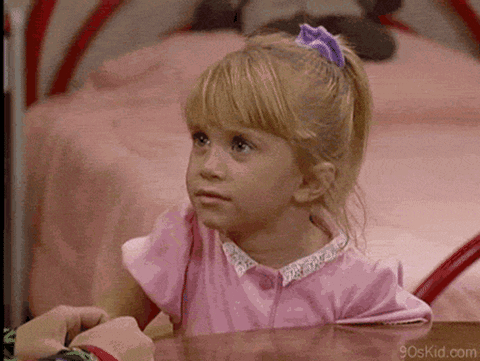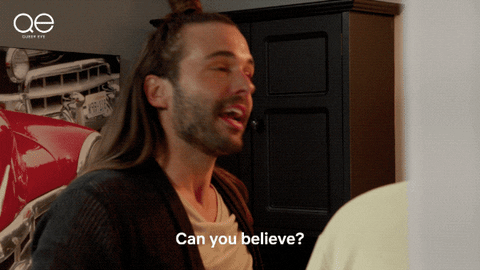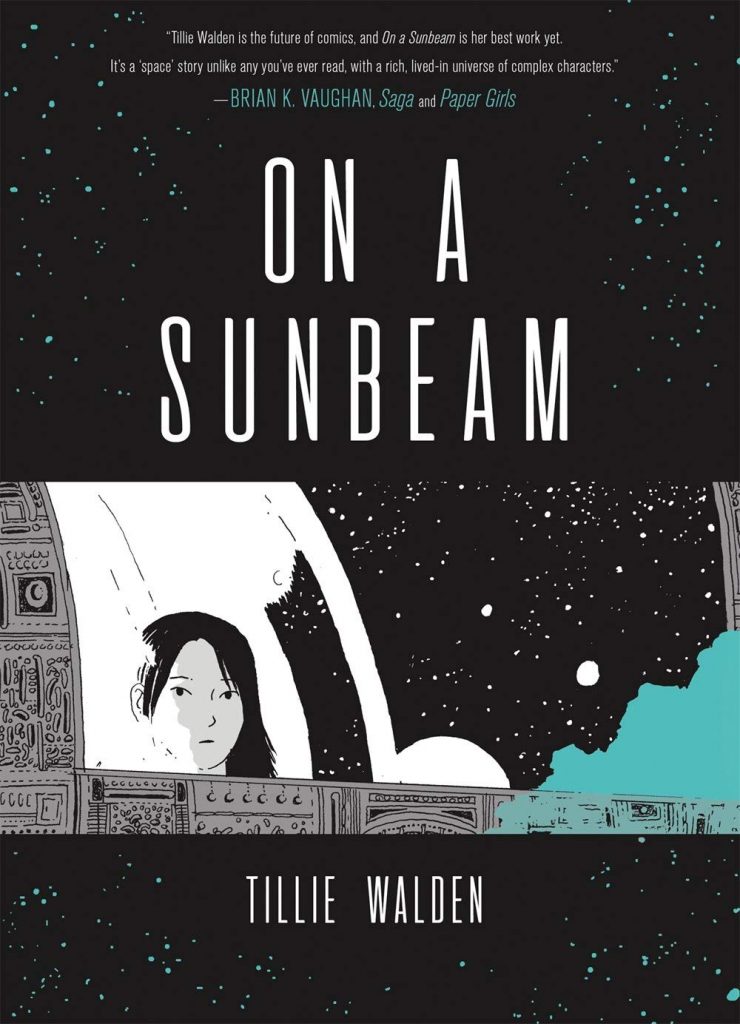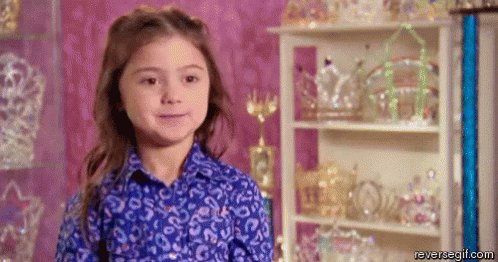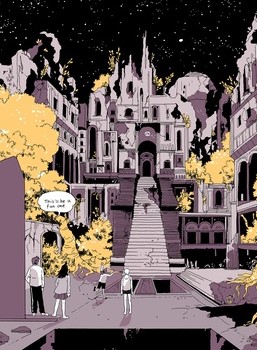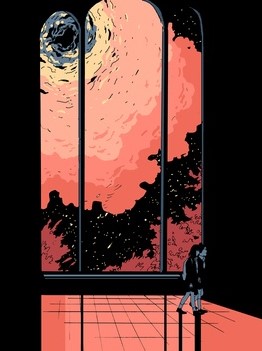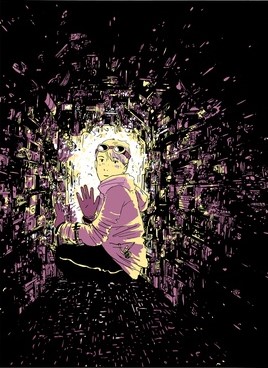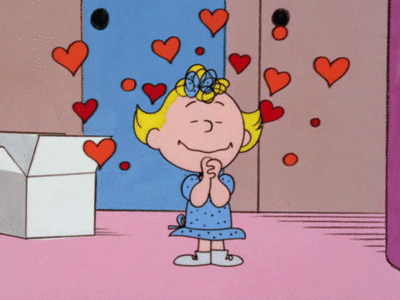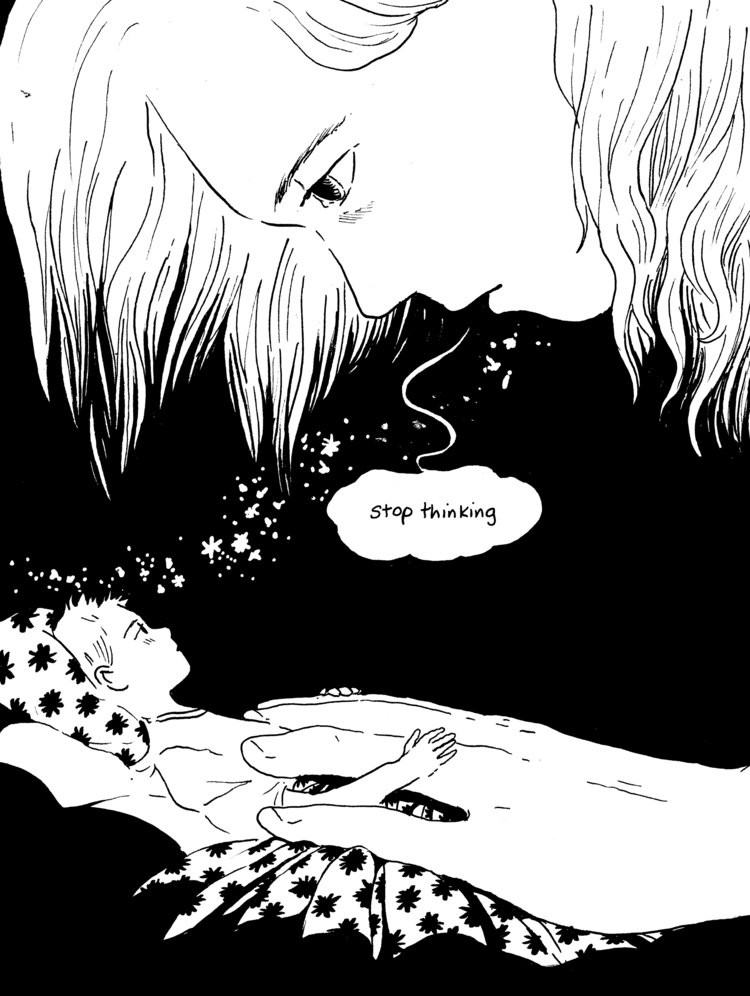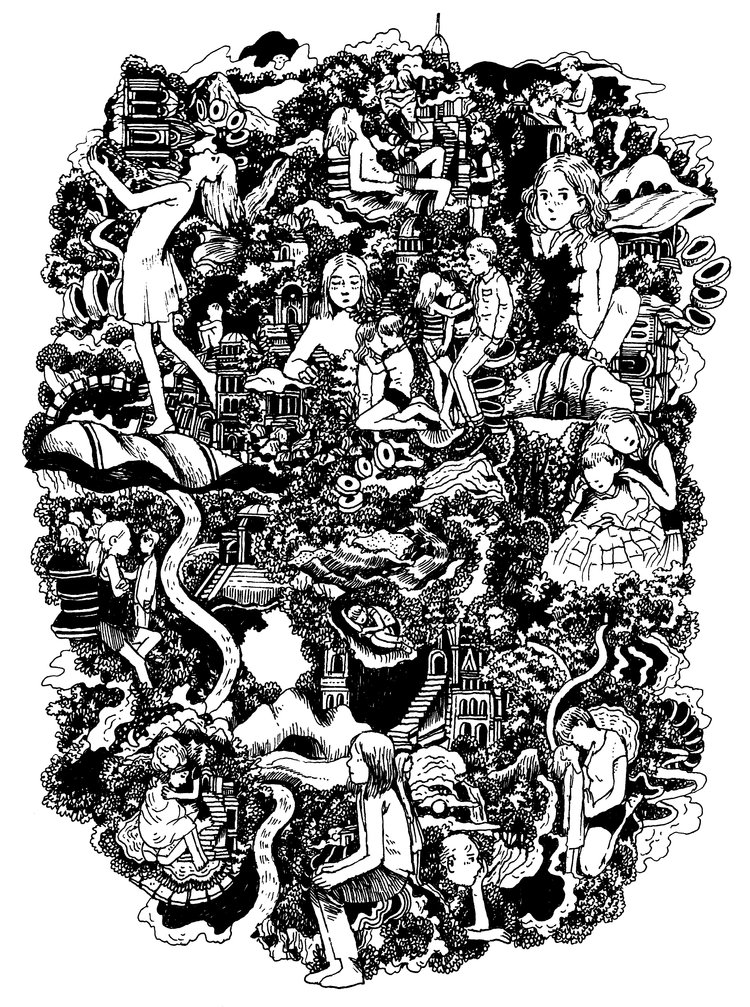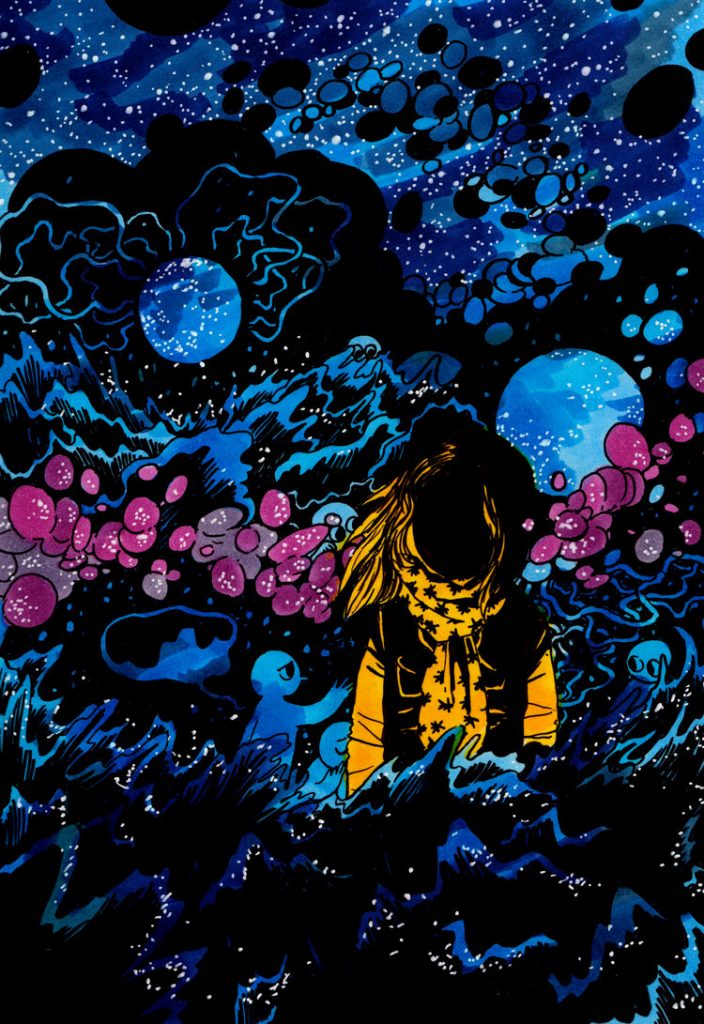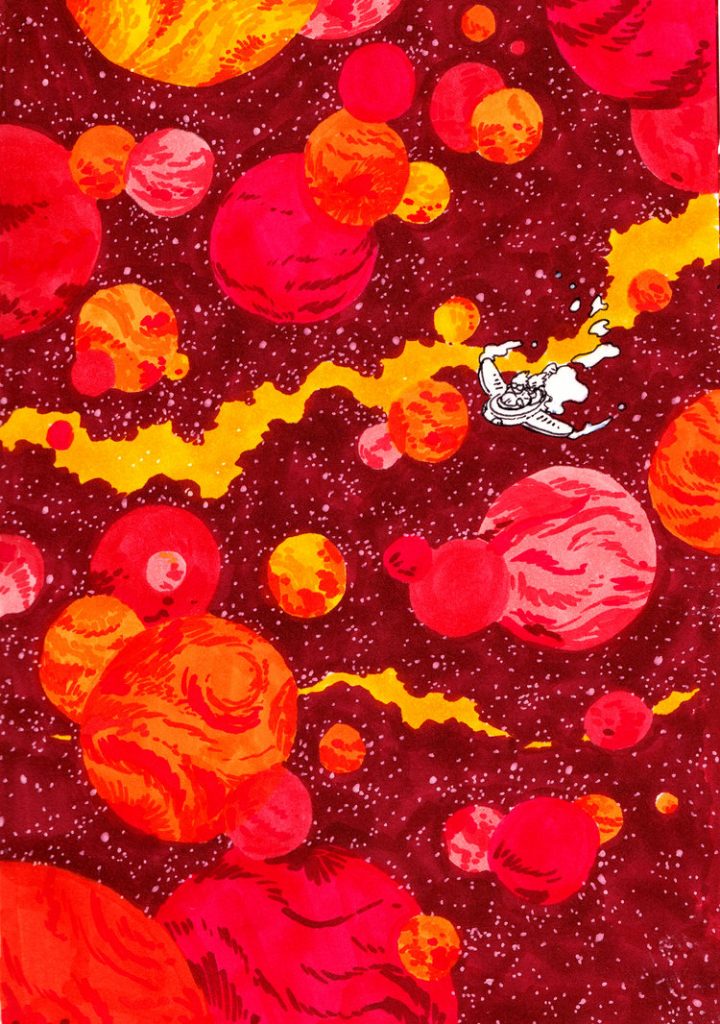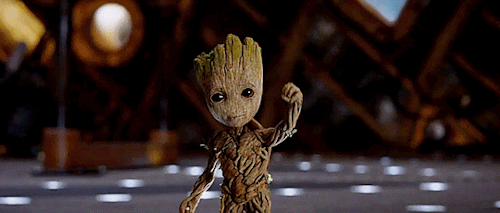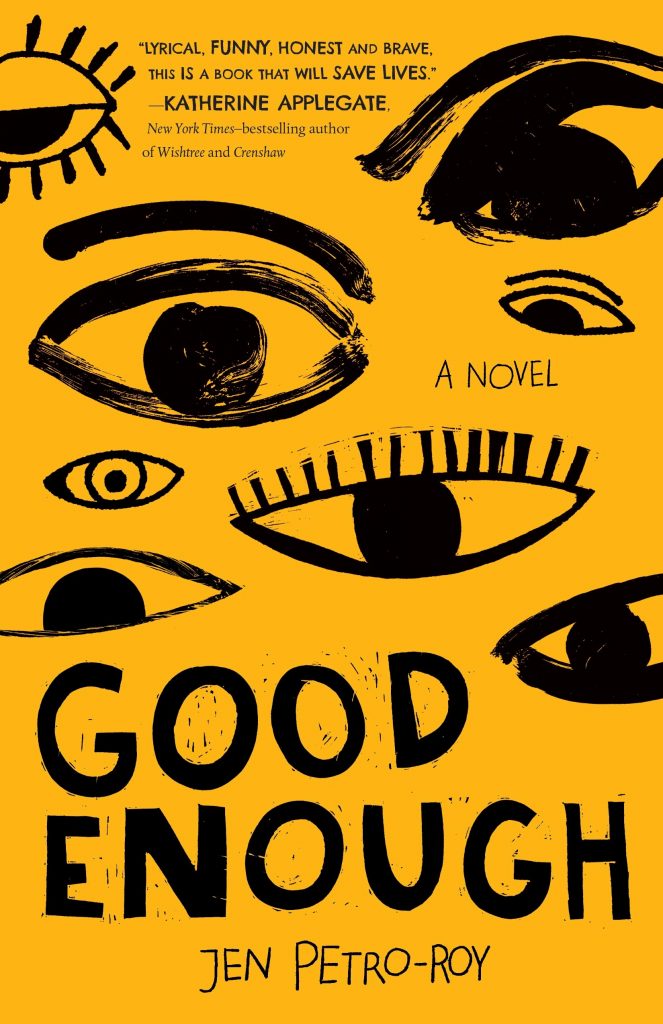
Hello from quarantine!
I know very few people read these things, but I hope all of you are doing well and trying to stay sane. Or, I don’t know, maybe let yourself go insane for a bit. It might help.
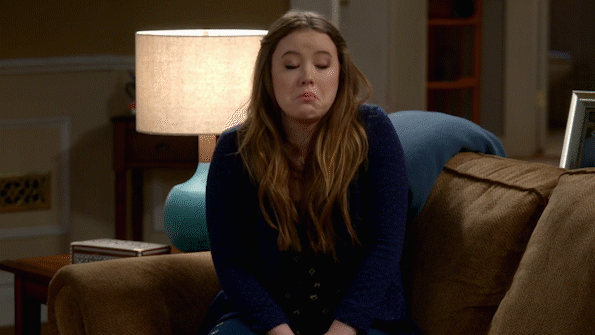
Today’s review is on a lovely little book that’s also quite emotionally heavy called Good Enough by Jen Petro-Roy.
I’ll say right off the bat that this is a middle-grade book, something I didn’t realize before reading. I don’t mean that if I had realized it was middle-grade I wouldn’t have read it; I just mean that some of the messages in this book aren’t necessarily applicable to me anymore.
That being said, though, this book is really important, and it can be meaningful to young adults/adults.
I’ve read many, many fiction books about eating disorders because of my own personal experience, but I have to say Good Enough has one of the most realistic portrayals of eating disorders that I’ve ever seen in a fiction novel.
One of my biggest pet peeves with books about eating disorders is that many of the main characters who struggle with the disorders are teeny tiny skinny, which is fine because many people with eating disorders are that way. They’re visibly sick.
But many aren’t.
Eating disorders are mental illnesses that manifest in many physical symptoms, but a lot of people with eating disorders do not look emaciated. In some cases, this leads to people being denied the help they need because they don’t fit the DSM “criteria” (i.e. they don’t have a low enough BMI). This then leads to people getting sicker and sicker and sicker.
When I read books with characters who suffer from eating disorders during my eating disorder, I always compared myself to them and thought I wasn’t sick enough because I didn’t look like them.
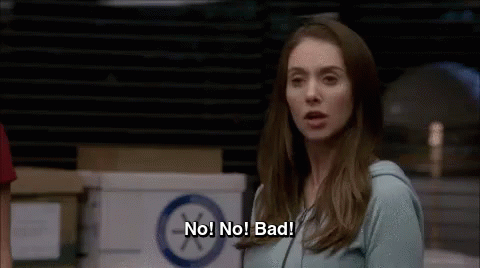
There is no such thing as “sick enough.” Sick is sick.
Aaaaaanyway, my point is that I appreciate Petro-Roy for including characters of all different body types in this book who suffer from eating disorders.
There are also a lot of books that romanticize treatment a little bit. Like, “oh this character is sick but they’re just going to go to a hospital and then they’ll be better.”
It doesn’t quite work like that all the time, and Petro-Roy shows some of these struggles. For example, one of the characters, Breanna, ends up going in and out of the hospital because her insurance won’t pay for treatment because she isn’t “sick enough.”
It’s frustrating, but it’s real.
In general, Petro-Roy portrays recovery in a very realistic way, too. There was a really great analogy that the main character, Riley, uses when describing how she got sick that I found really interesting. She compares getting an eating disorder to putting a bunch of ingredients in a bowl; there isn’t one specific thing that got her sick, but she can taste one ingredient more than others on some days. For me at least, this analogy is spot on, and I’ve never heard of anything like it before.
Obviously, there are some moments in this book that aren’t my cup of tea, things that are too dramatic or cheesy or not believable enough because this book isn’t really intended for audiences my age, blah, blah, blah, whatever.
Those things don’t really matter.
Petro-Roy does a fantastic job of portraying numerous eating disorders on numerous different body types and showcasing how difficult recovery is but that it’s possible and worth it.
